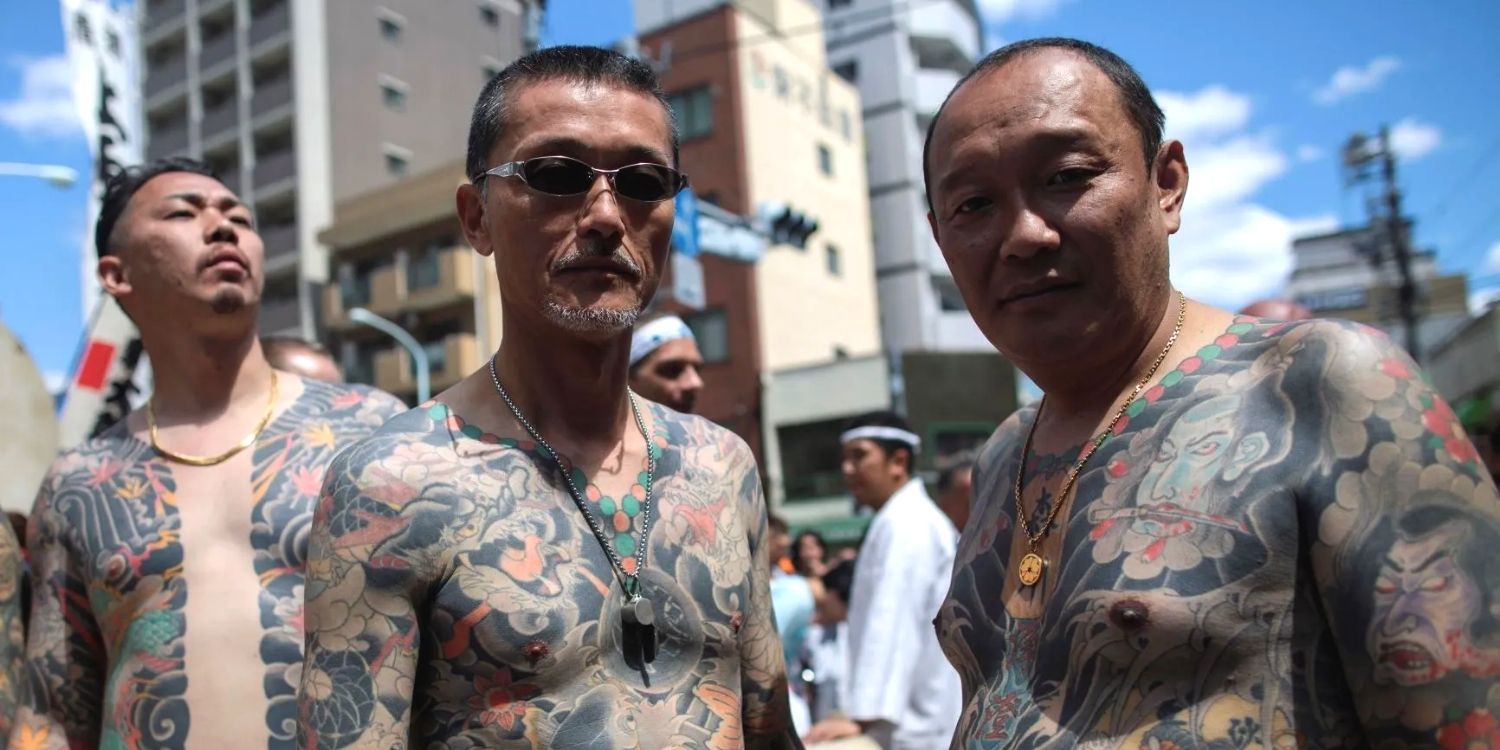Research Bulletin

Vol.3 Issue 3 | March 2024
The Jindal Institute of Behavioural Sciences (JIBS) research bulletin presents an overview of recent research published by the faculty and research scholars at JIBS organised under different themes.
Dr. Caroline Agboola

Illicit drugs use in South African female correctional centres
Although male prisoners outnumber female prisoners by a considerable margin worldwide, female illicit drug users outnumber men. While the use of illicit drugs is prohibited within prisons, they infiltrate the system regardless. A key finding of this qualitative study is the channels through which illicit drugs make their way into female correctional centres in South Africa. Based on the interviews that were conducted with seven formerly incarcerated women in South Africa, the other findings of this study include the availability of illicit drugs in the correctional centres for females; the attitudes of wardens to illicit drug use within female correctional centres; and the variety of illicit drugs used by the female offenders. The paper recommends the initiation of recovery support programmes for offenders with drug use problems; and a continuation of such programmes after incarceration, from a context-informed lens. Read Here…
Ms. Bhavya Tandon

State Crime: Exploring the Nexus between Power, Politics and Organized Criminal Networks
Crime is a social construct that differs from state to state, posing a challenge in determining whether the state has committed a crime against its people. As the state makes the law, it can define what is and is not a crime. This has led many sociologists to adopt a ‘zemiological’ approach to state crimes, i.e., a focus on the harm caused rather than the legality of actions. This article aims to explain how the state may harm citizens, the natural environment, and local economies to advance its interests. The article begins by defining ‘state crime,’ and the types of categories and legal frameworks that can be used in determining wrongful actions committed by the state. Secondly, the article focuses on defining the identities of individuals and government actors complicit in committing state crimes. Often, the state colludes with other entities, such as criminal networks and influential elites. State-organised crime emerges from the nexus between the state and organised crime. This concept is further explained by drawing on the case study of the Yakuza, also known as gokudo– a transnational organised crime syndicate that has dominated Japan’s underworld for over a century through brutality, extortion rackets, and gambling. Read Here…
Faculty Coordinators: Ms. Bhavya Tandon & Ms. Samreen Chhabra
